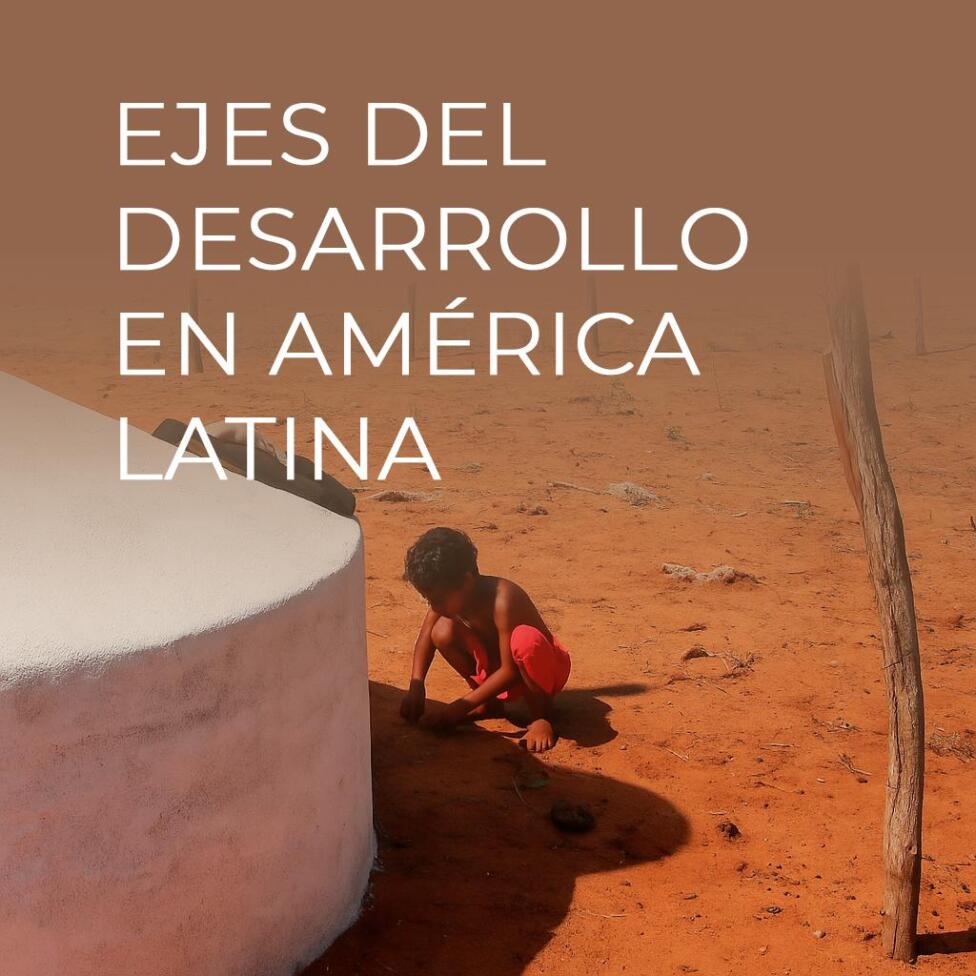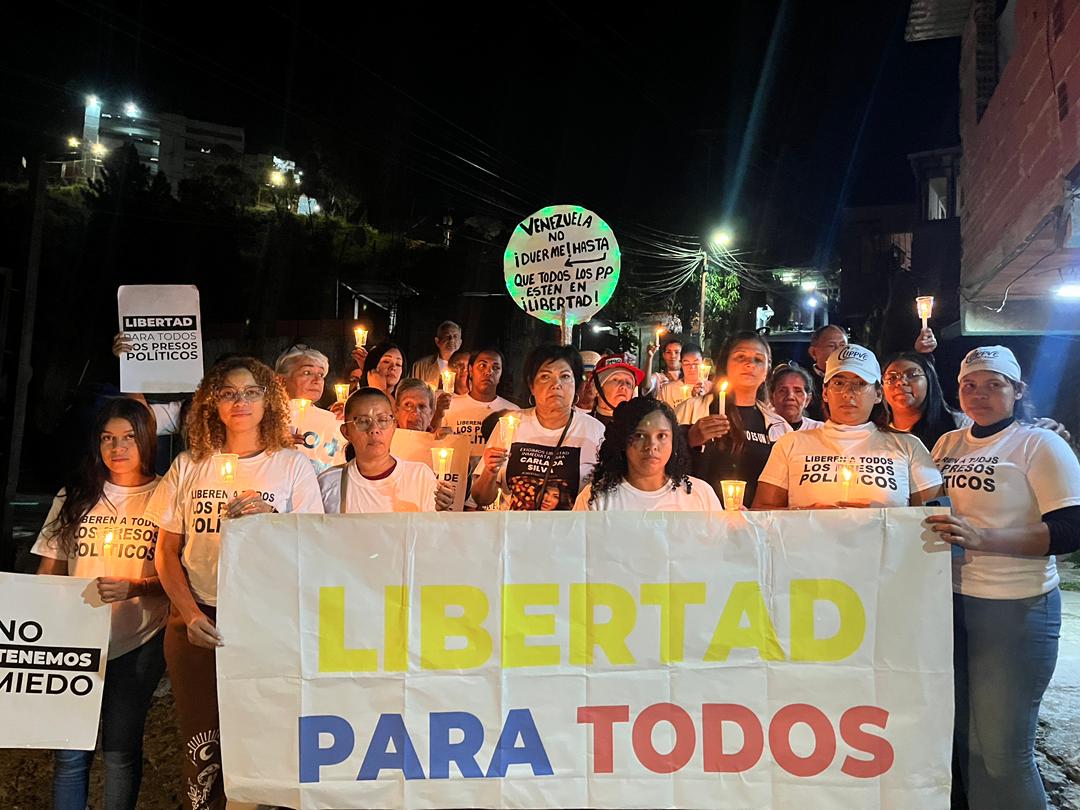Las medidas fiscales aplicadas por el gobierno de Ecuador para aumentar la recaudación provocaron la airada protesta del sector informal de la economía, que las consideró injustas y sectoriales.
En Quito y Guayaquil, las ciudades más importantes del país, miles de vendedores informales y pequeños comerciantes tomaron las calles en los últimos días en demanda de la derogación del nuevo Reglamento de Facturación que les obliga a registrar sus actividades comerciales desde el 1 de junio.
Según este Reglamento, los productos cuyo valor sea superior a 10.000 sucres (3,2 dólares) deben facturarse y serán gravados con 10 por ciento del Impuesto al Valor Agregado (IVA)
"No a la facturación", fue la consigna unánime de los 5.000 comerciantes del centro histórico de Quito que marcharon este miércoles hacia el Ministerio de Finanzas.
Las medidas de presión contra las autoridades económicas contemplan un paro nacional de actividades, el 19 de julio, que implica el cierre de locales y la movilización masiva, anunciaron dirigentes de organizaciones de pequeños comerciantes establecidos e informales.
En esta "arremetida contra la evasión tributaria", como la denominó el gobieron ecuatoriano, se pretende incorporar a 28.000 nuevos contribuyentes "que se han mantenido al margen del control fiscal", dijo el subsecretario de Rentas, Guillermo Cárdenas.
El sector informal "cada vez adquiere mayor volumen e importancia" por lo que "es necesaria su incorporación al régimen tributario", señaló Cardenas, quien estima que con esta y otras medidas el Estado aumentará este año 50 por ciento la recaudación de impuestos, respecto de 1995.
En 1995 el Estado ecuatoriano recaudó 1.057 millones de dólares, 30 por ciento más que en 1994.
"La pobreza nos llevó a dedicarnos al comercio", dijo a IPS Ana Lucía Martínez, lider de los comerciantes informales de la calle Ipiales, en el centro histórico de Quito.
"Somos más de 15.000 vendedores ambulantes en la ciudad que no estamos dispuestos a enriquecer al gobierno con nuestro trabajo", añadió.
El gobieno del presidente Sixto Durán Ballén, que finalizará el 10 de agosto, "heredará al próximo régimen un défict fiscal superior a tres por ciento del producto interno bruto", dijo a IPS Alberto Acosta, consultor del Institutmericano de Investigaciones Sociales (ILDIS).
"Con medidas fiscales, bastante antipopulares, se pretende subsanar el déficit que fue producto de un desmesurado gasto corriente", aseguró el experto.
Gustavo Pinto, presidente de la Cámara de la Pequeña Industria de la provincia de Pichincha, donde se encuentra Quito, se mostró conforme con el Reglamento de Facturación, pues indicó que "el gobierno no puede brindar servicios sin un adecuado régimen tributario" donde todos contribuyan".
"No nos oponemos a pagar impuestos, pero consideramos que el gobierno no ha buscado otras alternativas como la penalización a las grandes compañí ecuatoriana", comentó Modesto Rivas, analista económico y direc and already over-taxed Cameroonians may now have to pay for their livelihood with blood."
Finance minister Justin Ndioro has promised that no new taxes will be imposed, although the state expects to collect 1.21 billion dollars through taxation. The rest of its income will come from foreign assistance and non-tax revenue.
Cameroon hopes to receive external aid to the sum of 731 million dollars, while non-fiscal revenue (including petroleum royalties) has been estimated at 369 million dollars.
How workable this all is remains unclear, as the Central African nation has what is arguably one of the world's worst revenue collection systems. While some sections of the population, such as wage earners, are heavily taxed, others manage to dodge their commitments to the fisc.
Cameroon's public debt recovery rate is estimated at just 10 percent and, in fiscal 1995, the state failed to collect 766 million dollars in taxes due to difficulties in implementing a new taxation system introduced last year.
However, the government feels there is room for optimism.
Achu said inflation had decreased from 30 percent in 1994 to 13 percent in 1995 and would be slashed to less than eight percent this year while the economy, which had declined between 1985 and 1994, grew by 3.3 percent in 1995 and could improve by over five percent in 1996.
The growth was attributed in part to higher agricultural production: cocoa output rose from 109,000 to 130,000 tonnes, while the production of coffee, bananas and cotton increased by 35, 34 and 18 percent respectively.
Achu admitted that there had been a drop in the quality of Cameroon's cocoa and coffee, but said the production increase plus higher sales of wood and palm oil led to a balance of trade surplus of about 390 million dollars in the past fiscal year.
But critics appeared unimpressed by the strides which, according to the government, Cameroon has made in the past year.
Wanlibele said he was worried over the government's failure to accomplish the goals of last year's budget, especially since Achu refused to explain the reasons for this other. All the prime minister would say was that the government acted within a "difficult context", due to lack of liquidity, tax evasion and slow disbursement of financial aid.
He did not refer to the failure of three structural adjustment programmes backed by the World Bank and International Monetary Fund (IMF) and the shaky state of a fourth and 'last chance' programme due to expire on Jun 30.
The IMF suspended disbursements early this month after the government failed to honour its engagements towards its creditors. Cameroon has a foreign debt of 6,217 million dollars and owes 1,068 million dollars in overdue interest payments.
Efforts to privatise state-owned companies, reform the banking sector and reduce unemployment and poverty have stalled. The public service is bloated and public funds are still widely believed to be mismanaged.
"Already last year's budget, which was much lower than the present one, was not fully realised. What then is the logic for raising this one if government does not intend to impose new fiscal pressures on the populat this context can we indeed talk of an economic performance that should warrant the significant budget increase when we know that former budgets including that of 1995/1996 have hardly had 65 percent realisation rate?" (END/IPS/TCZC OSL133 DAP224 LLLL AA AB ARJ XJ WX DD QN SERVENG .LONAWAS CA IP HAITI: U.N. Nears Agreement on Troop Extension, Despite China
by Farhan Haq
UNITED NATIONS, Jun 27 (IPS) – If Haitian President Rene Preval knew how much damage a visit by Taiwanese officials could cause, he might not have invited senior members of Taiwan's government to his inauguration last February.
But they were invited – – and for months, Haiti has had to pay the price as an angry China has repeatedly tried to pull U.N. peacekeepers out of therion.
The latest problems in the extension of the Haiti peacekeepers could even ensure that, by Monday, all U.N. troops would have left the island. After all, at the Security Council's last extension of the U.N. Mission in Haiti (UNMIH) Feb. 29, China did manage to have the Council state that this was the "final period'alised, could foment unrest by capitalising on public frustration," he argues.
Preval's government has warned that the newly trained Haitian National Police cannot provide adequate security on their own. Boutros-Ghali agrees: "Complete withdrawal of the U.N. military and police presence at this time could jeopardise the success achieved so far by the Haitian people."
Enter the China factor. Although it has been months since Beijing was first infuriated by the Taiwan invitation, Chinese officials remain adamant that UNMIH's time is up. For weeks, the chances of extending peacekeepers by allowing a smaller U.N. Support Mission for Haiti (UNSMIH), as Boutros-Ghali recommends, have stalled.
"It looks like they're going to go right down to the wire," says U.N. spokeswoman Sylvana Foa. Foa notes that UNMIH expires Sunday night with no plans yet in place to create a new support mission.
Canada, which promises it will provide the main command and logistical support for the troops, insists that 1,300 soldiers are the bare minimum needed to keep the peace in Haiti under a prers of the 15- member Security Council, where China holds veto power, say a deal is near that could allow the retention of some 1,300 troops and 300 international police in Haiti.
"We believe we have come to a tentative agreement for a force as large as what the Canadians feel it needs to be," a senior U.S. official said Thursday. The official said the Security Council could approve the new mission as early as Friday.
The new support mission would have an initial strength of 1,300 soldiers, but only 600 of those troops would be under U.N. command, he said. The remaining 700 would come from "voluntary contributions" from nations operating under their own flags – – chiefly from Canada itself, he added.
Of the 600 U.N. troops, about half are reported to be offered from Canada and the other half from Pakistan and Bangladesh. None would come from the United States, which ended its troop presence in Haiti last February.
But despite the lack of U.S. involvement, the extension of U.N. troops is especially crucial to Washington. President Bill Clinton is counting on stability in Haiti as he seeks re-election this November, and would be embarrassed if the country returned to turmoil this autumn. As one diplomat here puts it, "We all have a lot invested in ensuring that Haiti stays a success."
What that means f the06271457 WAS008 ITEM CLOSE







